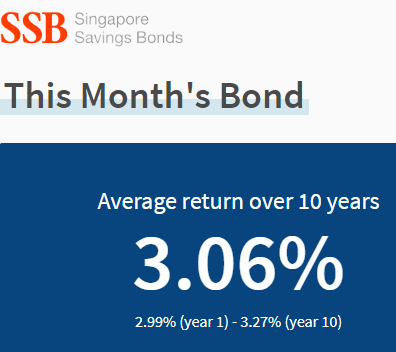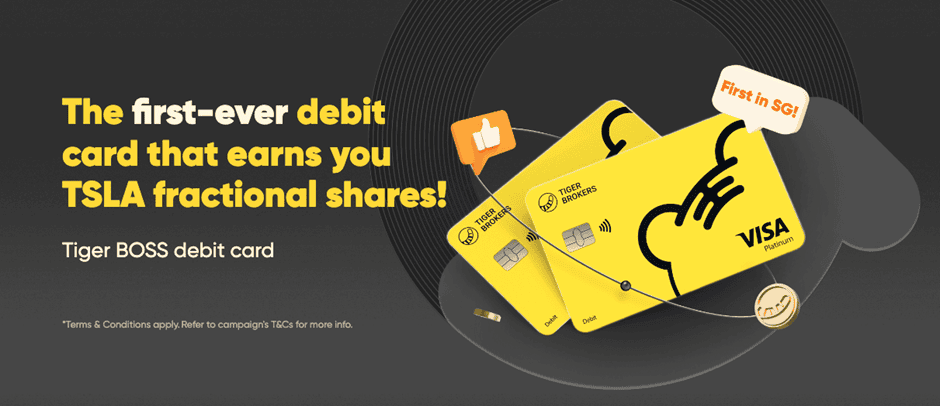The Credit Bureau Singapore released a report this year with a surprising fact: there are 85,352 Singaporeans who have missed two or more monthly payments on their credit cards, personal loans, and overdrafts. This number is a 32% increase compared to the number of debtors in 2011.
Credit cards are like power tools - they make your life a lot easier, but should never be in the hands of the reckless. While most credit card users can go their whole lives without a single payment reminder, there are some who manage to get on the “plastic road to bankruptcy”. These horror stories are the reason why many Singaporeans are afraid of credit cards.
Avoid the habits that make credit cards dangerous:
1. Using Credit Cards as a Form of Long Term Loan
Credit cards should only be used as a mode of payment, never as a loan. Whatever amount you charge to your credit card, you should pay it back in full before the next billing cycle.
Even if you can leave some of the bill unpaid (most credit cards only require minimum payment of S$50, or 3% of the owed amount, whichever is higher), resist the urge to do so. The interest rate on a credit card is extremely high - around 2% per month, or 24% per annum.
While you can technically use a credit card to pay for medical expenses, education, down payment on a car, etc., doing so is a terrible idea. There are specialised loans for such purposes, which may be as low as 5% - 8% per annum.
Use your credit card as a way to pay, never as a way to borrow.
2. Abusing Balance Transfers
A balance transfer is used to curtail or control credit card debt. This allows you to transfer the debt from one credit card to another, during which you have a grace period (normally around six months) in which you will not be charged interest. This allows you to quickly tie up credit card debt before the interest spirals out of control.
Some people abuse this balance transfer feature, by using it to rack up even more debt. This is done by making a balance transfer off their credit card, and then immediately using the same card (which is now clear of debt) to start buying again.
This amplifies their credit card debt even further, and some people manage to owe 10 to 12 times their monthly income before they are fully cut off.
When you make a balance transfer, you should cease making credit card purchases immediately. Focus only on repaying the debt before the end of the grace period, and do not use any more credit.
3. Using Credit Cards in Any Country Without Checking Forex Rates
Different cards charge different rates for currency exchange. This transaction is processed automatically when you use your credit card abroad.
Depending on the card in question, you can end up paying significantly more for each purchase. The cost of these transactions snowball if you use the card multiple times overseas (e.g. to buy one meal, then one bottle of wine, then one admission ticket, then one cab fare, and so on)
In general, you should plan your vacation budget such that your credit card is not necessary. If you must use your card when overseas, pick the one with the lowest Forex charges, and avoid making multiple small transactions.
4. Thinking the Repayment is Due at the “End of the Month”
This is among the most common credit card mistakes. Cardholders who do this often get hit by interest repayments because they don’t understand the billing cycle.
The due date for your repayment is not necessarily on the 30th or 31st of the month. It will vary based on the issuing bank. It is possible that the end of your billing cycle will occur on the 25th of the month, or within the first week of the next month.
To be clear on the due date for repayment, log in to your credit card account (the bank will provide access), or call the issuing bank. Remember: if you miss the due date, you will be charged interest and incur a late fee.
5. Storing Your Credit Card Details in Online Stores
It can be very convenient to save your credit card details in online stores. However, this makes impulse purchases extremely easy. When you need to key in your credit card details, the loss of momentum can kill your desire to buy. When you can make purchases by tapping a single button, you are far more likely to overspend.
Saving your credit card data also makes you more susceptible to identity theft. If someone steals your laptop, and you are still logged in to online stores, they can immediately start using your card.
Accidents have also happened: in 2013, a five year old child in the UK racked up a credit card bill of around S$5,100 in ten minutes. This was done by repeatedly tapping the purchase button on his mother’s iPad. Banks can, and often will, hold you liable for such charges as they occurred due to negligence.
This article is contributed by Rohith Murthy who runs SingSaver.com.sg, a personal finance website dedicated to savings and smart credit choices. He has worked in the banking industry for more than 10 years, and believes that informed financial choices change lives.
If you are an independent or freelance writer/blogger willing to provide original content that is related to finance and investing in Singapore, feel free to contact me and I’ll contact you for a further discussion.






